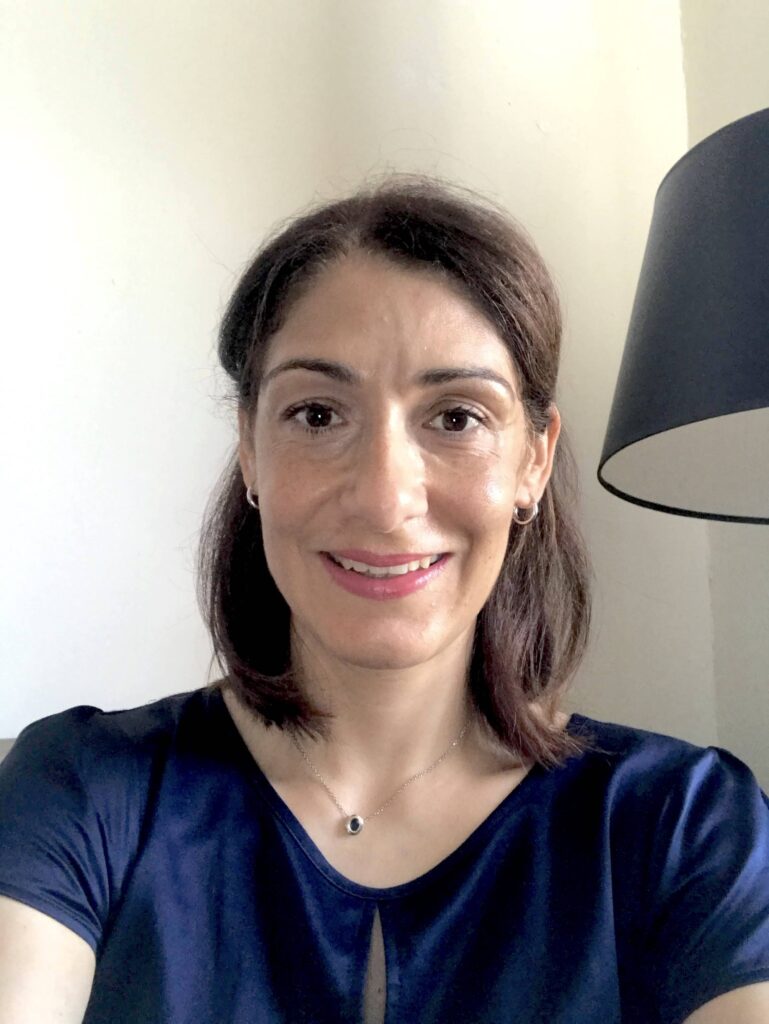In this article, I explain why I don’t promote myself as a Christian counsellor, even though I provide counselling services to Christian clients.

Why I am not a Christian Counsellor?
The designation of Christian Counsellor can be a loose term for a person who provides ‘counselling’ to a client. At times, the person is not a trained counsellor in mental health modalities, but provides insights based solely on the Bible. With good intentions, they usually prescribe forgiveness and praying. However, at times this tends to focus on fixing the client so that they get in line with God. Here, clients may be viewed as ‘victims’, and at times (as in an example within parenting) encouraged to just pray away their child’s strong emotions.
How should counselling be instead?
Counselling by a registered/licensed psychotherapist is done by someone who is trained in mental health, evidence-based therapies. Their focus is on supporting the client by listening, validating, empathising; and facilitating a process whereby the client thinks through their situation in a safe therapeutic space. The counsellor does not tell client what to do or provide any advice. Rather, the counsellor is finely navigating the whole process so that client feels heard, supported and safe to feel emotions and think through their situation. Ultimately it is the client, who by participating in the therapeutic process, is able to come up with the next steps that they think they should take towards their goals.
What to look for in a counsellor?
I would recommend asking a counsellor for their training. I would ask more questions if they did some counselling training through a Biblical Centre. I would look for training in different evidence-based therapies such as trauma-informed, cognitive behavioural therapy, emotional focused therapy, etc. You can specifically ask the counsellor through what lens do they work, what is their approach to therapy. Their answer should be that they meet client where they are at – not providing advice, not blaming/victimising client, and instead supporting the client with solid therapeutic modalities that scaffolds the client while working through their situation.
Moreover, some counsellors have unfounded biases and assumptions that they think are Christian and would project onto their clients. For instance, within parenting, discipline by spanking might come up as the meaning of ‘spare the rod and spoil the child’, instead of discipline through love, connection and guidance (Proverbs 13:24).
Can a counsellor include Christian worldview in sessions?
This is up to the counsellor. In my case, I do. I use secular modalities based on psychology and evidence-based theories and also include a Christian worldview dimension to this. For me and my clients I find that it gives a more rounded perspective to the situation. Research* shares that spirituality is a strong predictor of outcomes in therapy. However, I ensure that the foundation is based on evidence-based theories, and this happens to align with Christian worldview. So for instance, psychology tells us to look beyond the behaviours of children (we use the iceberg metaphor, where the top of the iceberg is the behaviour, but it is actually the bottom of the iceberg that is under water that we need to analyse, process and work on to understand and ‘change’ the behaviours). Christianity goes deeper to explain the bottom of the iceberg as children being ‘lost’, as described so well in the parables of the lost sheep, of the lost coin and of the prodigal son (Luke 15). A child is lost as they might believe that they are autonomous and self-sufficient, which might result in challenging behaviour from the child’s part, and giving in from the parent’s side. And yet children need continuous parental guidance/authority and nurture to keep pointing them in the right direction by providing insight, compassion, hope, rescue and wisdom.
Is there place for ‘Christian counsellors’ without a mental health background?
Yes, as long as they let you know that they are working solely from a Biblical perspective and not including any mental health theories. This might be useful if you want to study more in depth what the Bible says on an issue. However, still do your research to make sure that the insights they provide are really grounded in what the Bible says and that it is not interpreted differently (such as the example of spanking used above). If you feel that more mental health counselling would be more helpful to you, then look for a counsellor (who can use a biblical worldview or can just be a secular therapist) who you might feel is a good fit for you and your needs. Many counsellors offer a free initial consult to connect and ask questions.
Recommendations
- Do your research well when enlisting a counsellor, to ensure that they are qualified mental health therapists. Most counsellors provide a free initial consultation service where you would have the opportunity to connect with the counsellor and ask questions.
- If, as the session progress, you realise that you and the counsellor are not a good fit, you have every right to change therapists.
References:
- Kao, L.E., Peteet, J.R., & Cook, C.C.H. (2020). Spirituality and mental health. Study of Spirituality, 10(1), 42–54.
- Oxhandler, H.K., Pargament, K.I., Pearce, M.J., Vieten, C., & Moffatt, K.M. (2021). The relevance of religion/spirituality to mental health: A national survey of current clients’ views. Soc Work, 66(3), 254–264.
- Pargament, K.I., & Lomax, J.W. (2013). Understanding and addressing religion among people with mental Illness. World Psychiatry, 12(1), 26–32.
Got some insights? Would love to read your comment below…
———————————–

Greetings! I’m Claire, a Child & Family Therapist, Educator and Founder at myCaRE&CO; supporting Christian families with their 6 to 12 year old child’s challenging behaviours. Thank you for taking up your time to read this article, and hope that you found it useful to answering your questions.
Would you like more support, maybe more personalised to your situation? Check out myCaRE&CO’s services and e-mail me directly at info@mycareandco.com. You can also schedule a free ‘discovery call’ to discuss your child’s and family’s needs and goals.
Claire Esikalam MSW, RSW, B.Ed. (Hons.) Child & Family Therapist, Educator and Founder at myCaRE&CO.
Follow me on Facebook and connect on LinkedIn.

Have you downloaded the Family Guidebook?
5 evidence-based tips to increase connection with your child & reduce the unwanted behaviours
